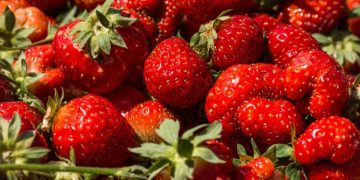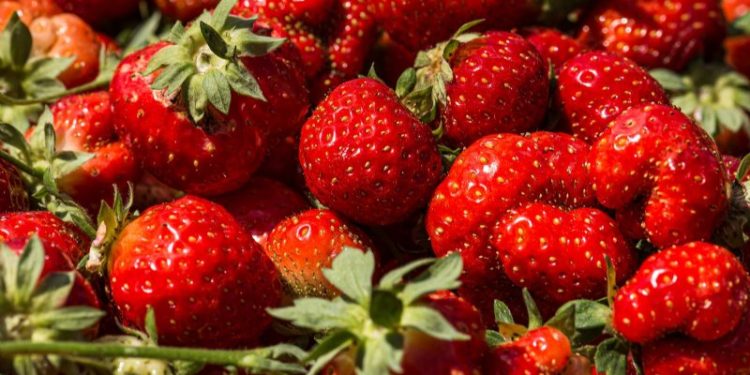This article sheds light on the current debate surrounding Spanish strawberry cultivation, specifically focusing on allegations of illegal water usage. By examining the latest data and insights from various sources, we delve into the concerns raised by German NGOs and their call for boycotting Spanish strawberries.
In recent years, agricultural practices have come under increased scrutiny due to their environmental impact. One such concern revolves around the water usage in Spanish strawberry cultivation, which has prompted German NGOs to call for a boycott of these strawberries on the grounds of alleged illegal water usage.
According to a recent report by Nieuwe Oogst, German NGOs have accused Spanish strawberry growers of unlawfully extracting water from scarce resources, leading to ecological imbalance and putting strain on local ecosystems. These allegations have raised questions about the sustainability and ethics of the strawberry industry in Spain.
To gain a comprehensive understanding of the situation, it is crucial to consider the available data on Spanish strawberry cultivation and water usage. According to statistics from the Spanish Ministry of Agriculture, Fisheries, and Food, strawberry cultivation accounts for a significant portion of Spain’s agricultural water consumption, with estimates suggesting that it utilizes approximately 2,500 cubic hectometers of water annually. While this figure may appear substantial, it is important to note that the overall water footprint of strawberries depends on multiple factors, including irrigation techniques, crop management practices, and water availability in the region.
To address these concerns, Spanish authorities have implemented measures to regulate water usage in the agricultural sector. The EU’s Common Agricultural Policy also provides guidelines and support programs aimed at promoting sustainable water management practices in member states. However, allegations of illegal water usage persist, leading to growing tensions between environmentalists, NGOs, and Spanish strawberry producers.
It is worth noting that the issue of water usage in agriculture extends beyond Spanish strawberry cultivation. The global agricultural sector faces the challenge of balancing food production with sustainable water management, particularly in regions prone to water scarcity. As such, initiatives promoting efficient irrigation systems, precision farming techniques, and water conservation practices are crucial for mitigating the environmental impact of agriculture worldwide.
In conclusion, the controversy surrounding Spanish strawberry cultivation and alleged illegal water usage highlights the need for sustainable practices in agriculture. While German NGOs have called for a boycott, it is essential to encourage dialogue and collaboration between stakeholders, including farmers, agronomists, agricultural engineers, farm owners, and scientists, to develop innovative solutions that prioritize both food production and environmental sustainability. By leveraging technology, implementing efficient irrigation methods, and adhering to regulatory frameworks, the agricultural sector can work towards a more sustainable future.
Tags: Spanish strawberries, water usage, sustainability, agriculture, environmental impact, irrigation techniques, water management, boycott, German NGOs, agricultural practices.































